Why the First Legacy Conference Was Vital for the Achievement of Our African American Male Students
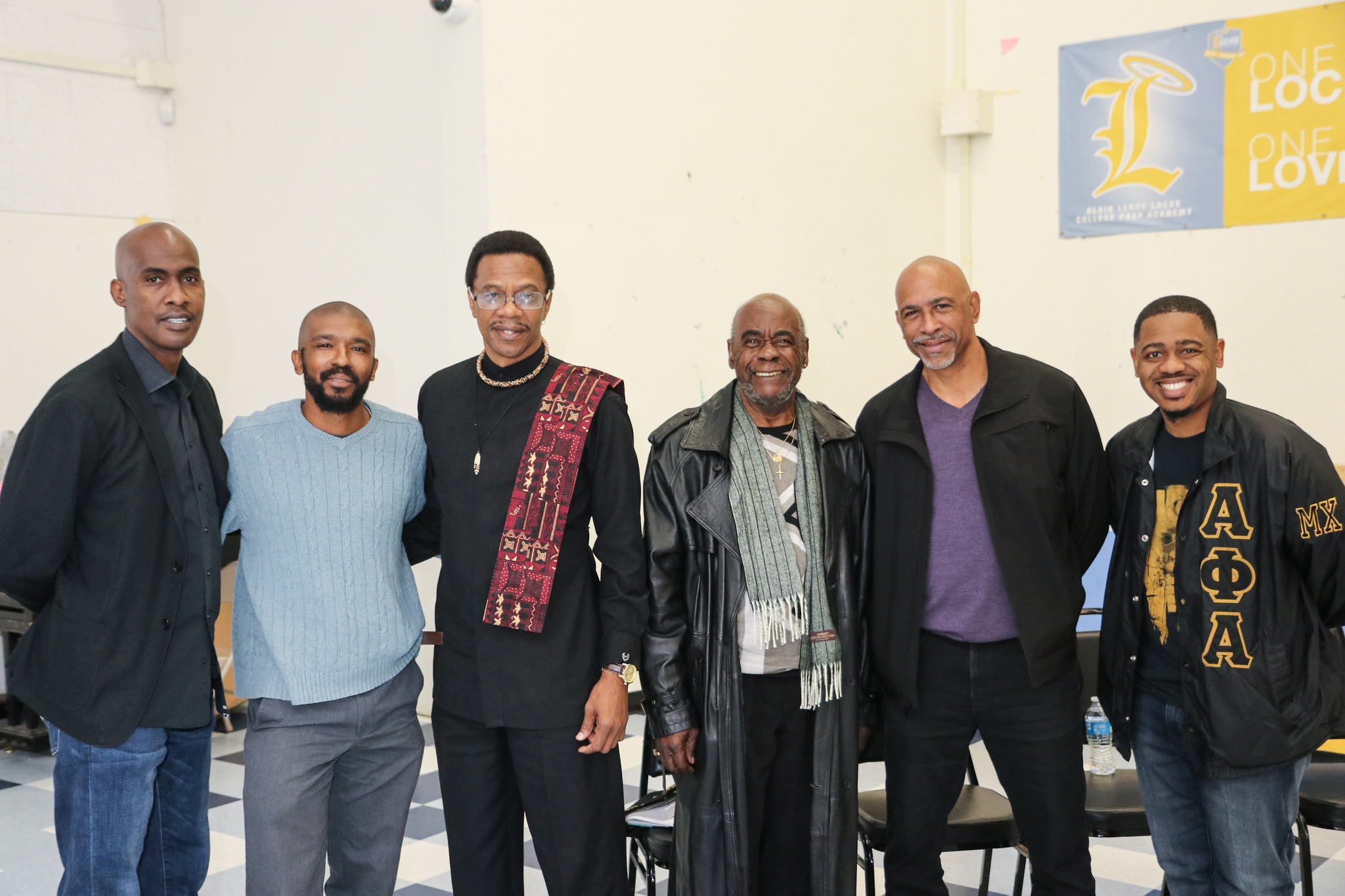
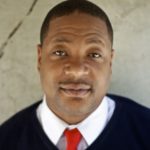
By Damon Rutledge
Math Teacher, at Ánimo Watts College Preparatory Academy
This year we launched our first Legacy Conference, a day dedicated to exploring the deficits in educating and empowering African American students, in particular young men. It was an honor to be able to help spearhead this event at Alain LeRoy Locke College Preparatory Academy, and to see it grow from an idea into reality.
After a brief introduction, the 45 students and 50 or so educators in attendance rotated between workshops hosted by Kiese Vita, Pedro Noguera and Tyrone Howard, all university professors who have written extensively about improving the academic achievement of African American students. Two other workshops were hosted by Green Dot students, and the See a Man Be a Man mentorship group.
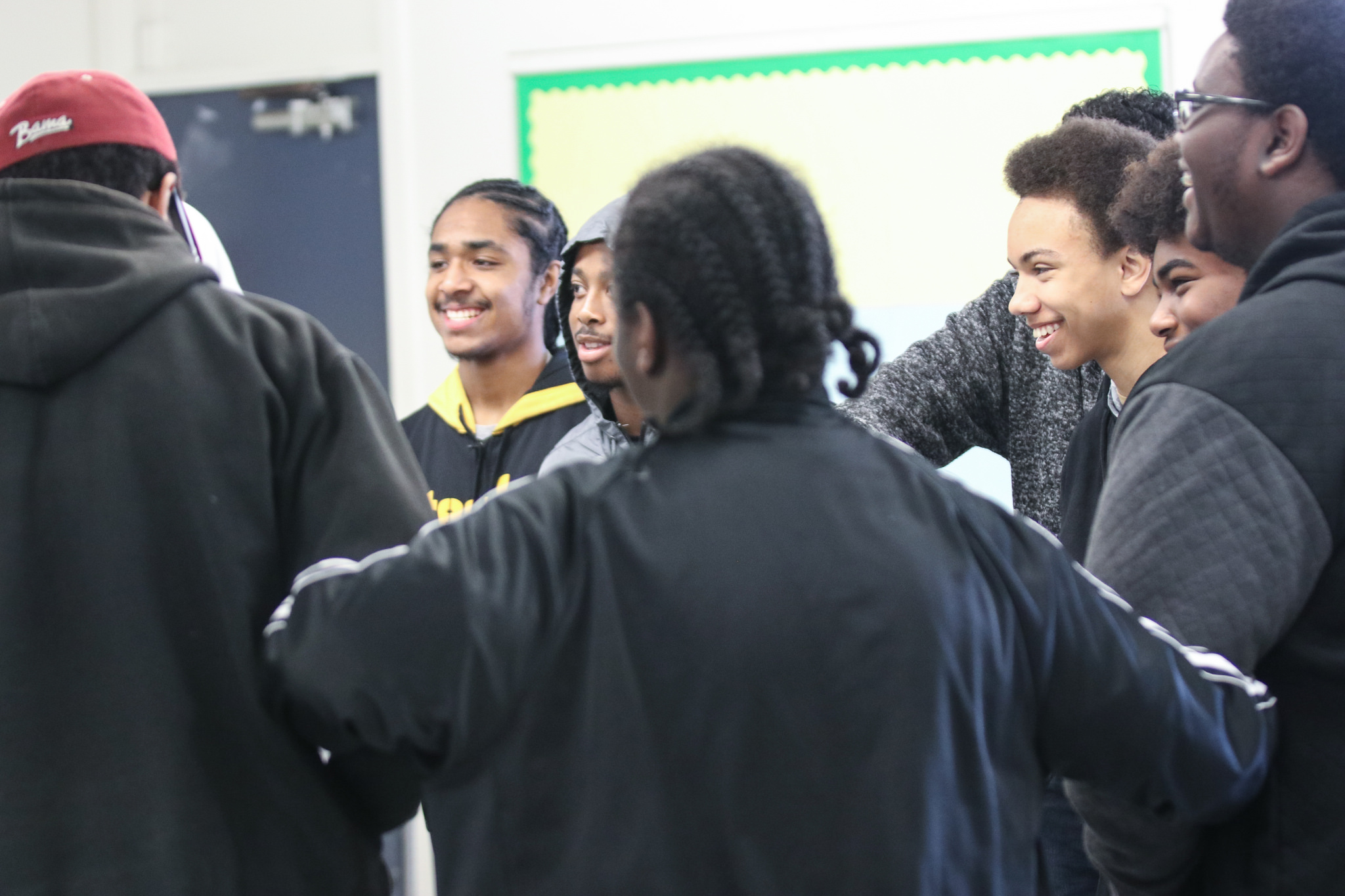
The Legacy Conference was brought about by a series of fortunate events. I attended a Green Dot committee meeting focused on the academic success of African American students within our organization. After the meeting, one of our principals suggested we take a look at specialized seminars for African American boys and host a similar type of dialogue.
As a military veteran, I’m used to the various obstacles that prevent good ideas from becoming action, so I took the initial idea with a grain of salt. While discussing possible ideas, another school leader, Jamaal Williams, blurted out, “Give me a date.” The group responded with, “some time in February.” Three minutes later I received an email notification that Mr.Williams had secured the use of the Locke campus for the third week in February. We had a date, now we just had to come up with attendees!
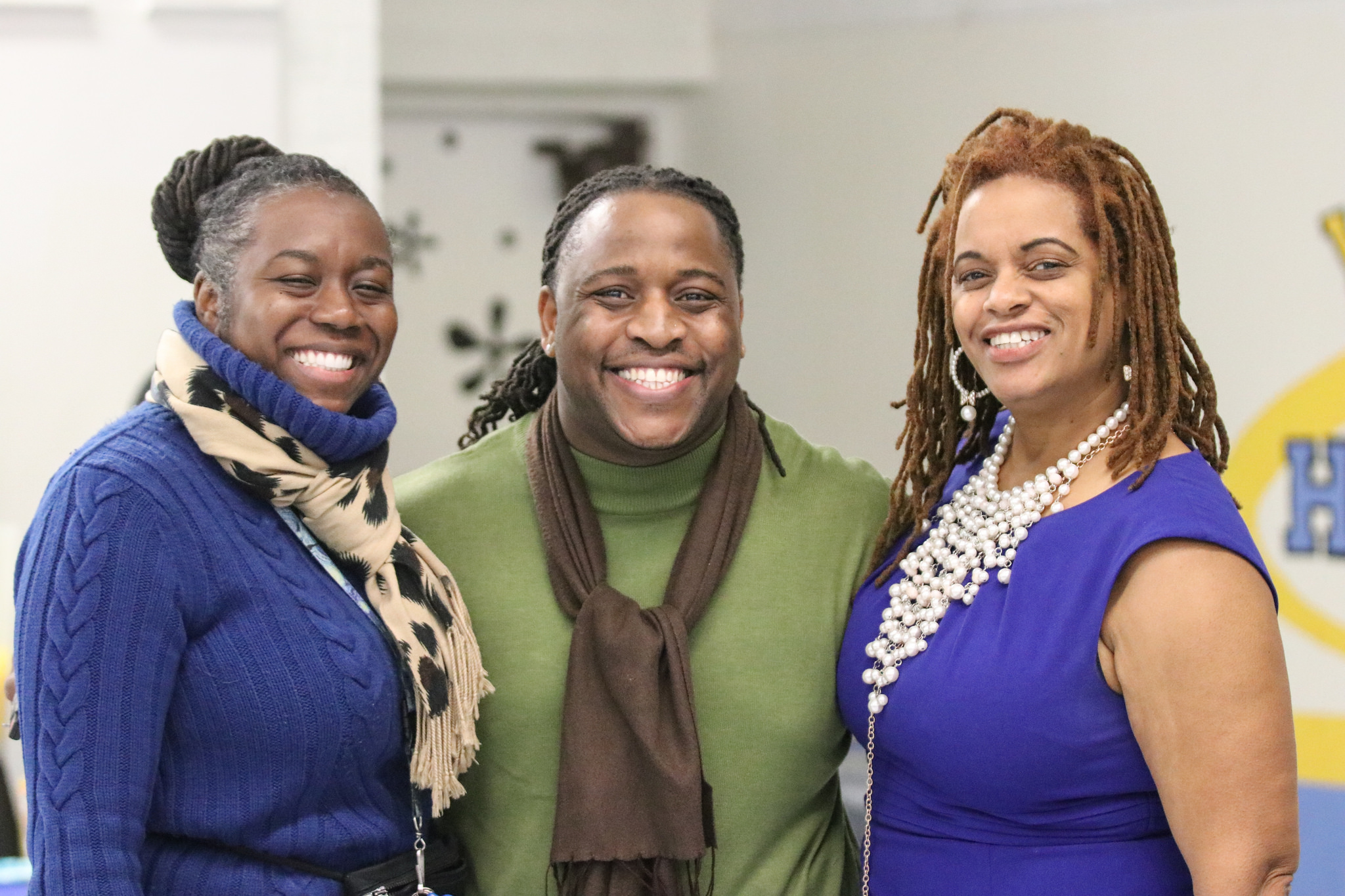
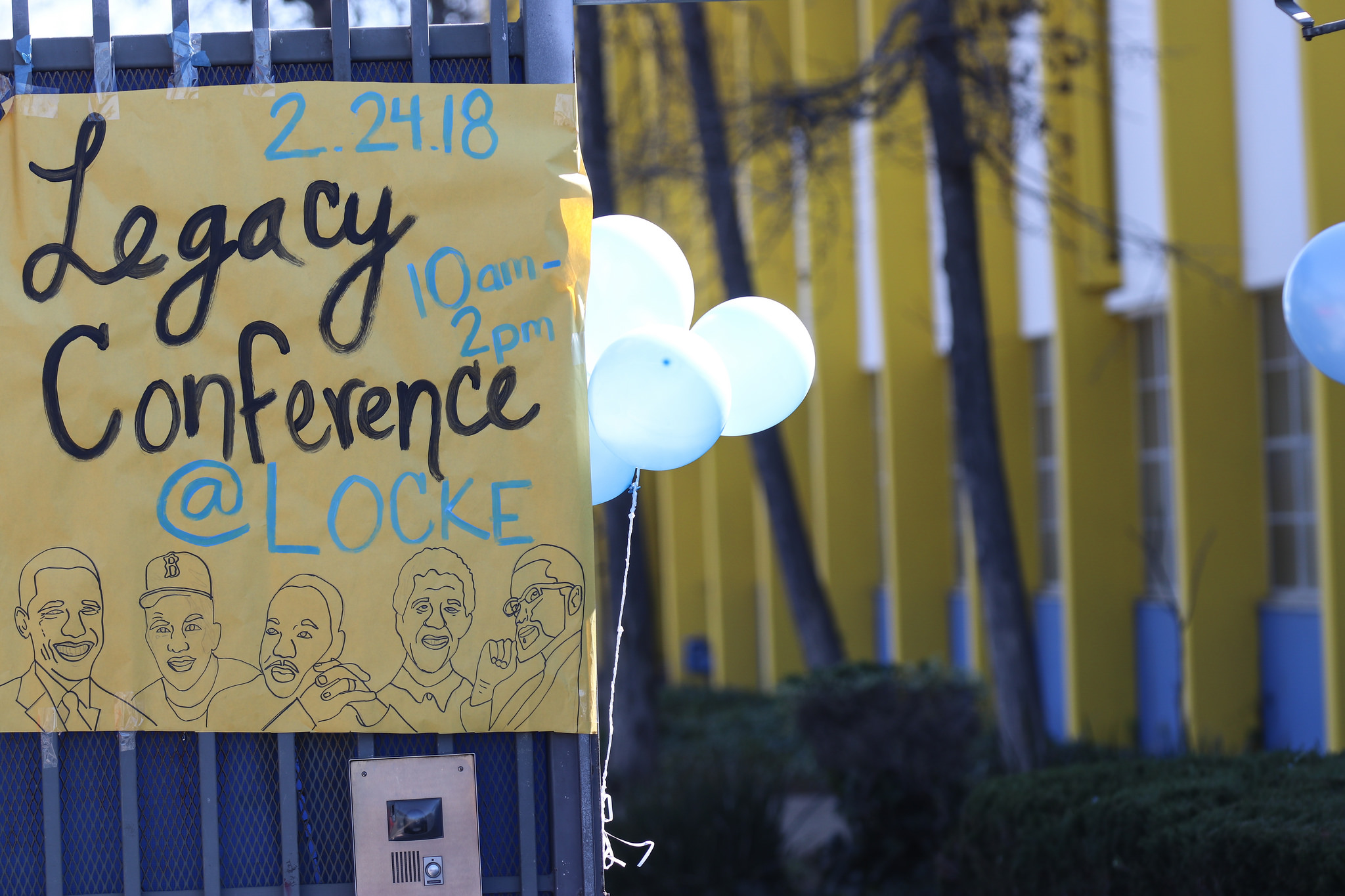
A few weeks later, I attended an educational conference in San Diego with my principal, Dr. Abraham Devilliers, where I met Noguera and Howard. I pitched to them the idea of coming to speak at a conference we were hosting (we did not yet know it was going to be a conference). They both said yes–now it was my turn to deliver! We had a location and two high profile speakers, so it was a matter of putting together a meaningful experience in a short amount of time.
Sure enough, our team was able to create a really powerful day of speakers and workshops at Locke. By the end of the day, educators in attendance gained more insight about the unique challenges around supporting and empowering this special and important subgroup. Students felt seen and heard, and the event provided an opportunity for connection beyond class time. I felt a growing hope about changing the narrative around college attendance for some of our African American male students who might be thinking about college for the first time.
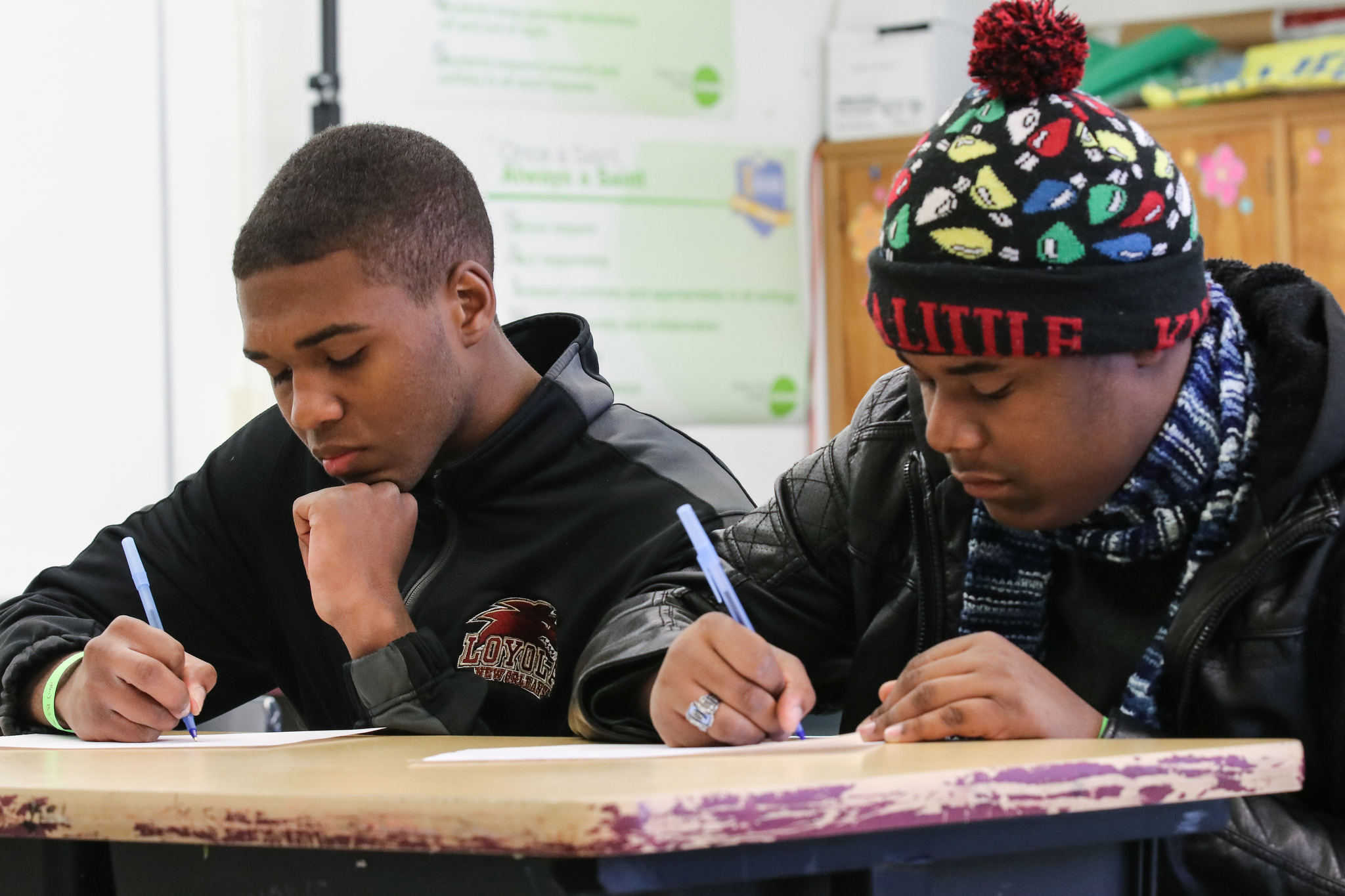
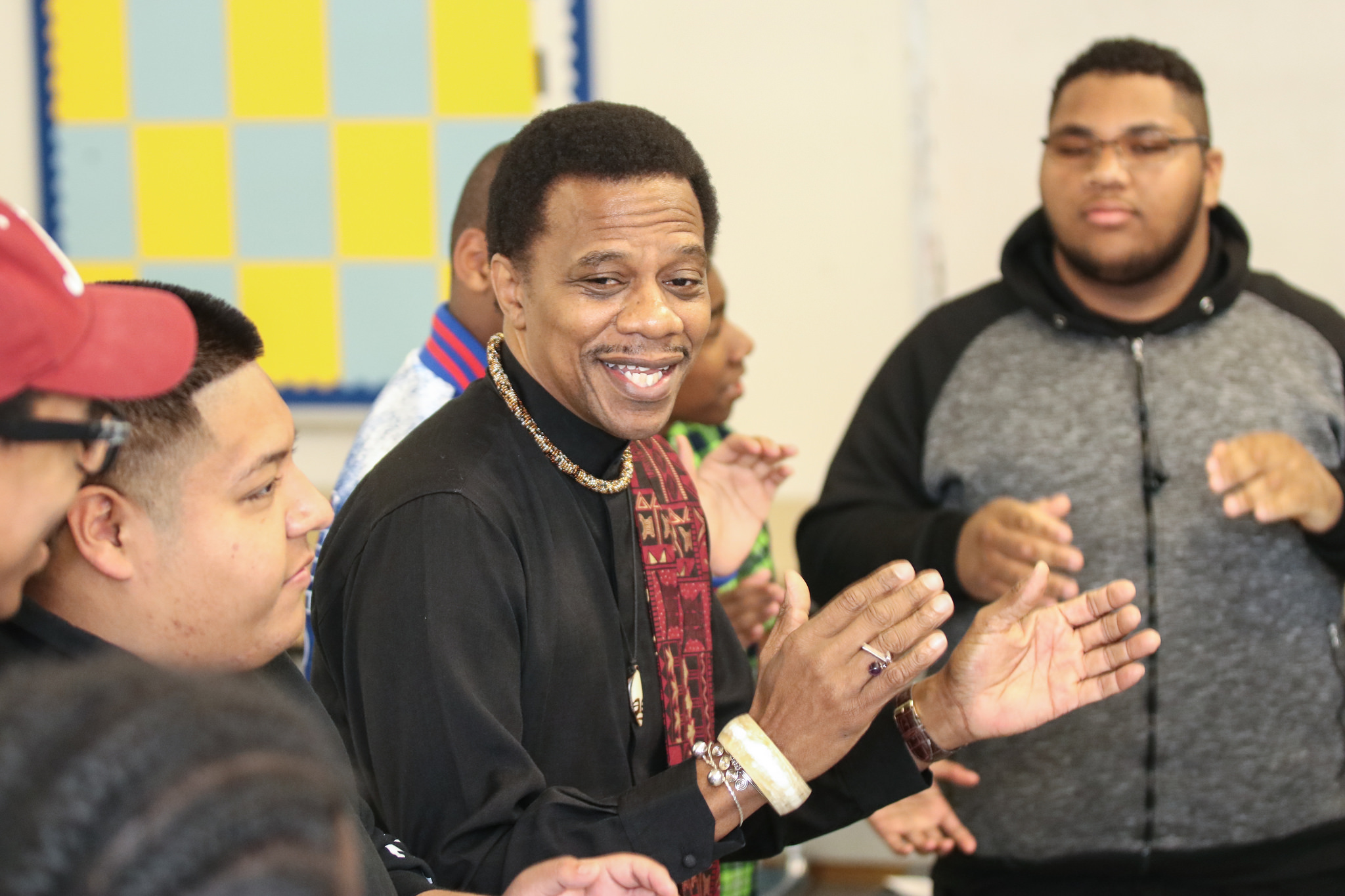
As an African American man, I understand the obstacles, trials and tribulations we must face sometimes just to get to school or work safely each day. As an educator, I understand the good intentions we start with that can turn into frustration when trying to specifically serve African American male students. As a current doctoral student at the University of Southern California, I have come to realize that there is a ton of research on this exact topic, which, just like state and federal funding, fails to make its way to the classrooms.
This conference was the perfect opportunity to address all of those issues. It was an opportunity for teachers to hear directly from researchers, and a chance for researchers to speak directly to the classroom experts who were turning theory into practice. Most importantly, it was a forum to amplify the voice and give an audience to one of the most mis-served subgroups of students in the school system: African American male students.
